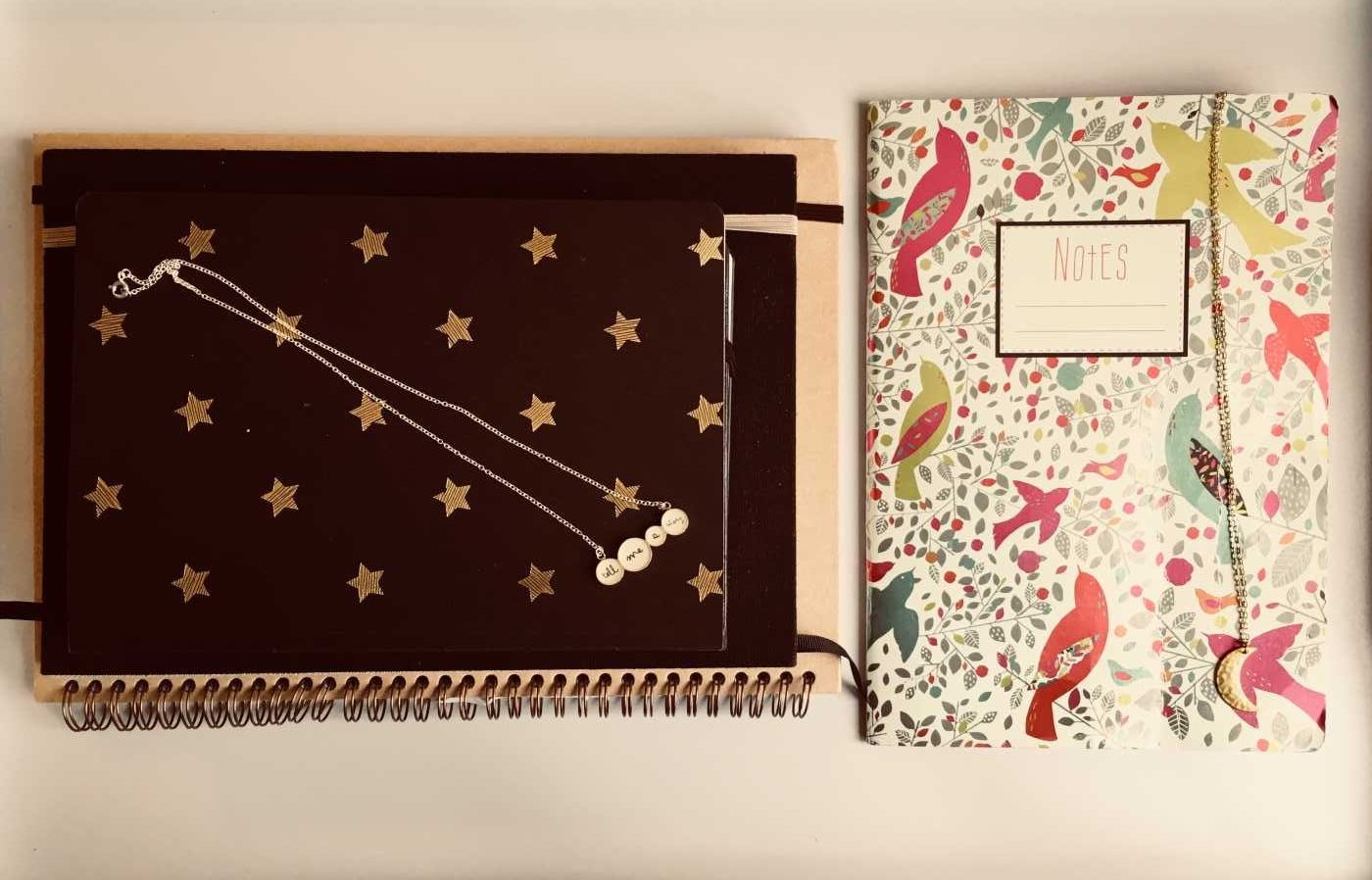‘Growing up between cultures has heavily influenced my writing, but I didn’t see people like me publishing books. I didn’t see characters like me or the ones I was writing in the books being published’
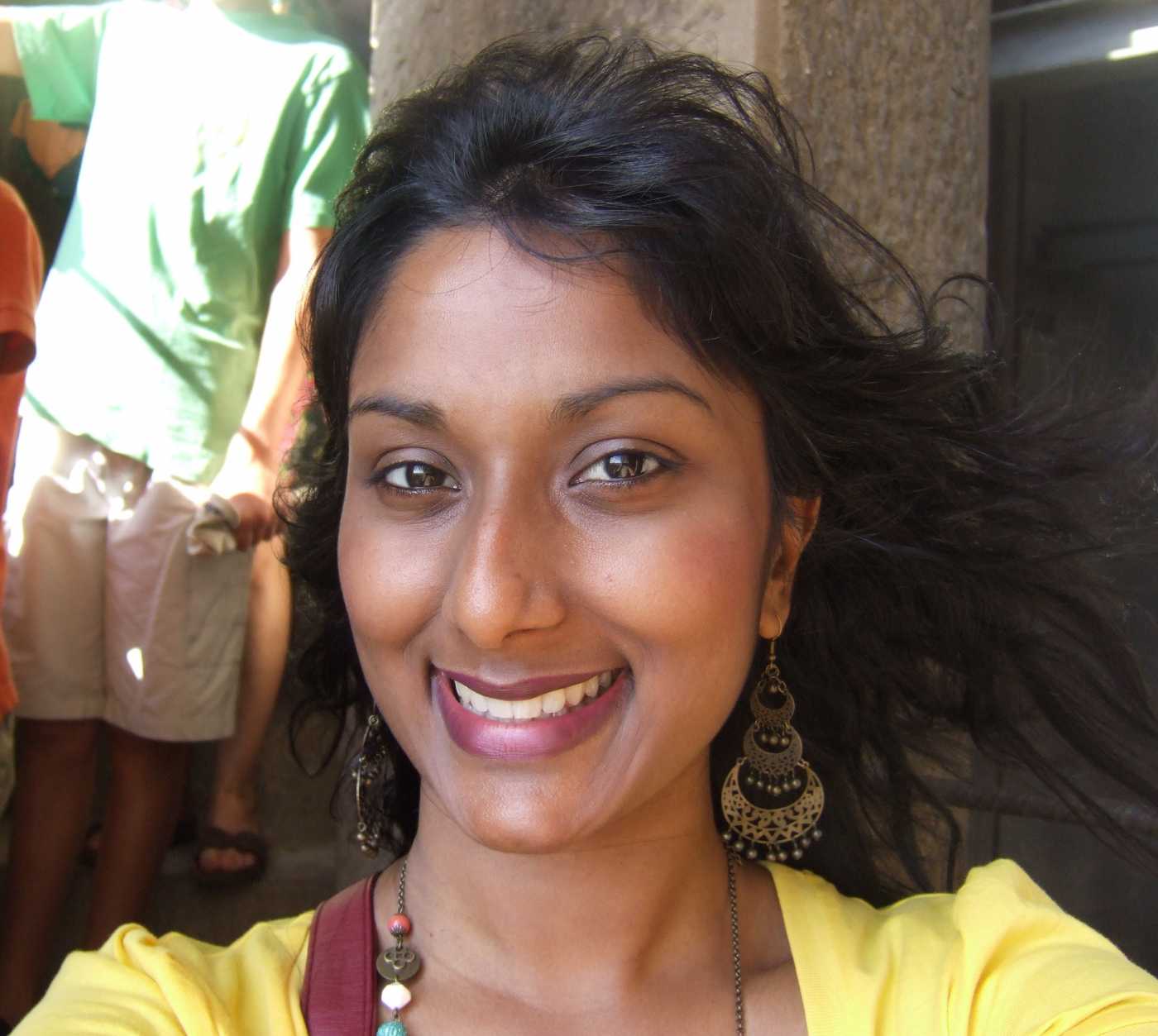
Emma Smith-Barton is an author based in South Wales, currently working on her first novel. When she’s not juggling the demands of writing with a young family, she’s also delivering talks to inspire the next generation of writers…
Emma and I were both on the English Literature and Creative Writing BA course at the University of Warwick. Since then she has had many writing successes including winning a place on the Penguin WriteNow scheme and being represented by her dream agent. I’ve loved following her progress and have caught up with her to find out more…
Can you talk through how your writing career has developed since leaving Warwick?
I must admit, when I left university my writing took a back seat for many years: life took over and there were bills to pay. I still wrote when I got the chance, but nothing substantial. I’d been teaching for six years when I enrolled on a Creative Writing MA. For me, like the BA, the MA meant that I could (give myself permission to, even) put writing at the centre of my life again.
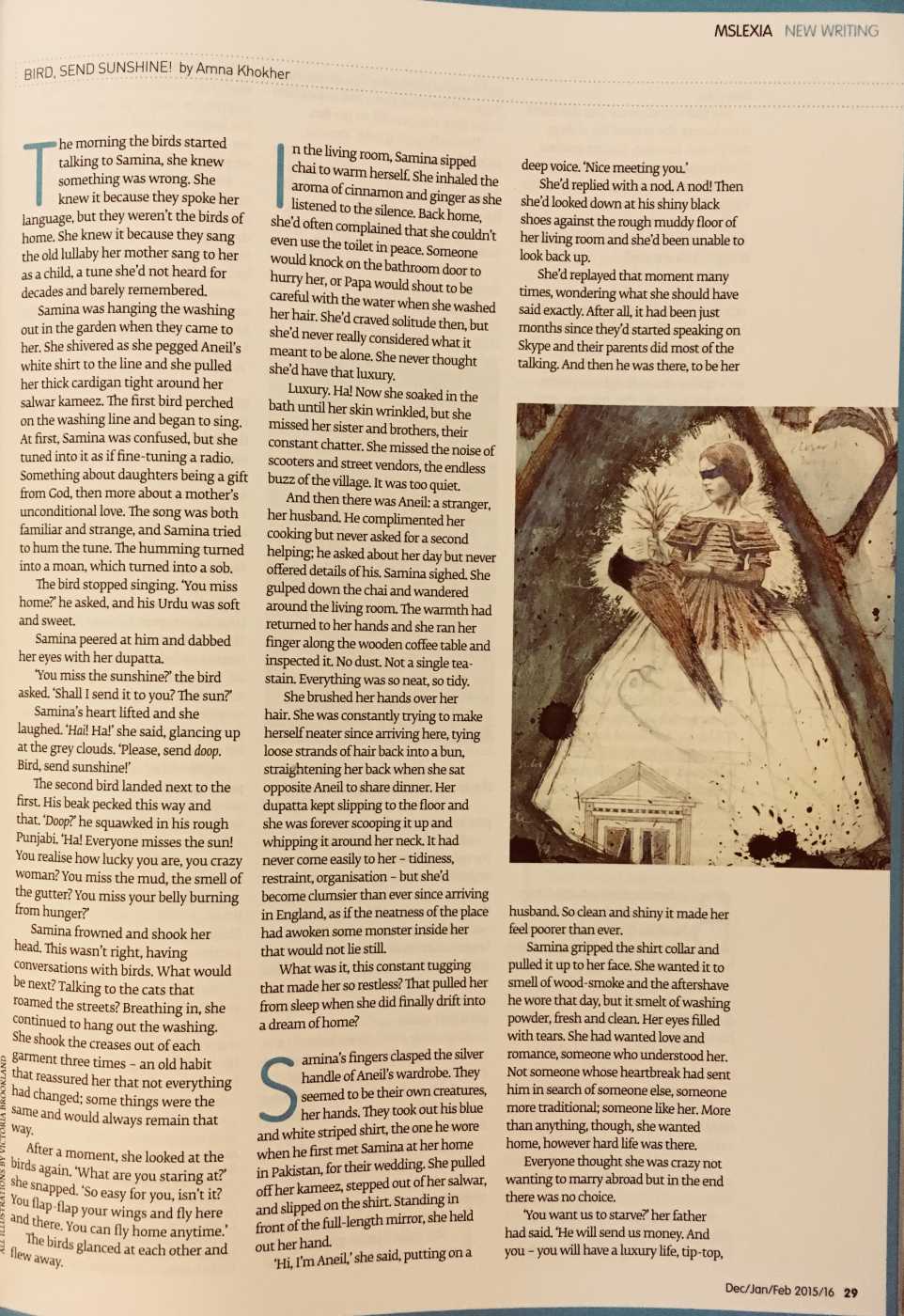 After completing my MA I began submitting short stories to writing magazines and competitions and I started getting published in magazines such as Mslexia and The Asian Writer, which was a great confidence boost. (Under my pseudonym for adult fiction – Amna Khokher.) Last year I was shortlisted for the Bristol Short Story Prize, reaching the final 20 out of over 2000 entries and getting published in their anthology. It was an important moment for me and my writing – I thought, I must keep going at this!
After completing my MA I began submitting short stories to writing magazines and competitions and I started getting published in magazines such as Mslexia and The Asian Writer, which was a great confidence boost. (Under my pseudonym for adult fiction – Amna Khokher.) Last year I was shortlisted for the Bristol Short Story Prize, reaching the final 20 out of over 2000 entries and getting published in their anthology. It was an important moment for me and my writing – I thought, I must keep going at this!
I then learnt about the Penguin WriteNow scheme. WriteNow is a brilliant new initiative run by Penguin Random House. Its goal is to increase diversity in literature and the scheme aims to ‘find, mentor and publish’ writers from communities currently underrepresented in the industry. It offers a year-long mentorship to successful applicants: the chance to develop your writing and work on your book with an editor and hopefully seeing it in print.
I was born in South Wales to Pakistani parents. Growing up between cultures has heavily influenced my writing but I didn’t see people like me publishing books, and I didn’t see characters like me or the ones I was writing in the books being published. I always doubted anyone would actually be interested in my story, yet here was a scheme that wanted to hear minority voices, to publish them. I knew I had to apply.
I was sleep deprived, surrounded by toddler toys and had spent the past few years moving house, painting walls, changing nappies, but I’d been working on a novel while my baby slept, so I applied – I figured I had nothing to lose. I was thrilled when I found out I’d gained a place on the scheme.
Could you tell us how the Penguin WriteNow scheme has helped to develop your writing?
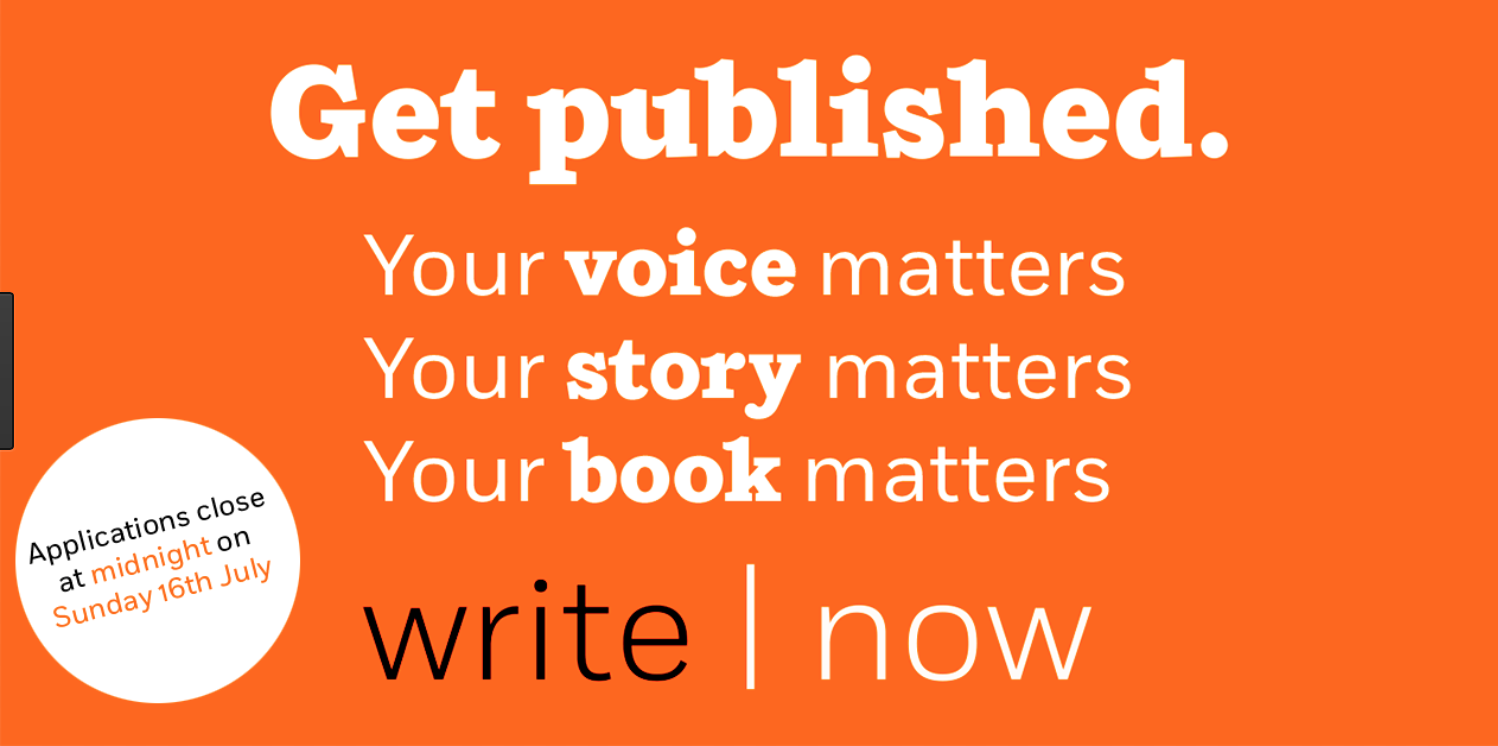 Since being mentored by Naomi Colthurst at Penguin Random House Children’s, I’ve had brilliant feedback on areas I could explore further, deepening certain themes and relationships. It’s been amazing to talk about my work in this way, to ask questions openly, and to learn, without worrying about sounding silly, or getting things right first time. It’s also been so encouraging to have her champion my book and to be able to call myself a writer – that in itself has been hugely fruitful for the writing process. I’ve also signed with my dream agent, which has been amazing!
Since being mentored by Naomi Colthurst at Penguin Random House Children’s, I’ve had brilliant feedback on areas I could explore further, deepening certain themes and relationships. It’s been amazing to talk about my work in this way, to ask questions openly, and to learn, without worrying about sounding silly, or getting things right first time. It’s also been so encouraging to have her champion my book and to be able to call myself a writer – that in itself has been hugely fruitful for the writing process. I’ve also signed with my dream agent, which has been amazing!
On that exciting topic…I know a lot of writers are very interested in learning how agented authors got their agent. Can you tell us more…
This part of the journey moved pretty swiftly for me, but I think it’s about finding the right agent for you. I’ve admired Jo Unwin for years, so when I was ready to submit my novel, I wrote a personal letter telling her about it and stating the reasons why I loved the thought of her representing me.
I was really lucky because she liked what she read, asked for more, and within days of submitting, we met for coffee and she signed me. I don’t think that’s the way it happens very often, but because of the WriteNow scheme I was lucky to avoid the ‘slush pile’ and things moved very quickly. So my advice would be – research your agents, write a personalised letter, and enter competitions to get a foot in the door. But I also believe that at the end of the day the writing must speak for itself and it’s about finding the right agent for you and your work.
Can you tell us more about the novel you’re working on?
I’m working on a YA novel called The Sun and Moon of Neena Gill. It’s about a British-Asian fifteen-year-old girl trying to come to terms with her brother’s death. As she tries to navigate her way through her grief, her first (secret) love, and cultural pressures from her parents, she begins to struggle with her mental health. It’s about identity and belonging, and also about the need to hold on tightly before we can properly let go.
You started off writing adult fiction. Was writing YA fiction a conscious decision or something that evolved over time?
I suppose that as a secondary school teacher I knew I would probably write for young adults at some point – but it’s always been about finding the right voice and form for the story. I think that sometimes you can have a brilliant idea for a novel or short story or poem, but not find the right form for it and so it doesn’t work. With the short stories I’ve had published I always knew they were for adults because of the characters, their situations, and the themes I was exploring. But when I began my YA novel I knew it was for teenagers from the outset because the character’s voice was very clear in my mind. I love writing for both audiences.
What are the top 3 pieces of advice you would give to those looking to be represented?
Firstly, do your research:
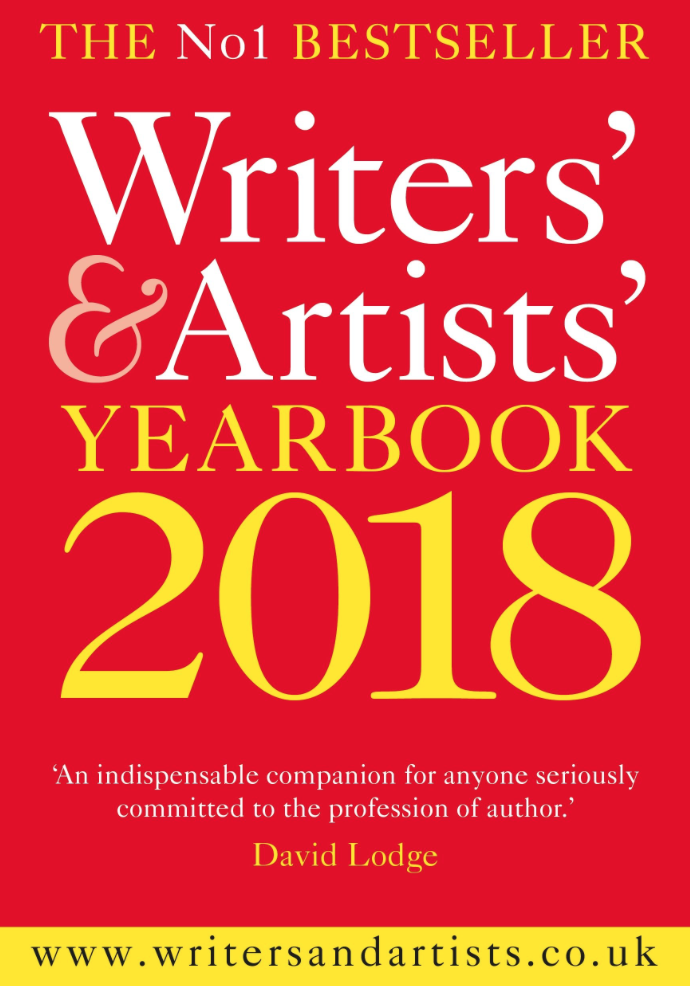
Go online or get hold of a copy of the Writers and Artists Year book, and look for agents who represent your genre or other writers who have written similar books to yours. You can then target your submissions and you’re more likely to get somewhere. I also think (as mentioned earlier) that it’s important to write a really brilliant personal covering letter – it will help you stand out. Tell that agent why you want them to represent you – don’t be shy!
Secondly, ensure your novel is as strong as possible before submitting:
I once heard an agent say that the biggest mistake they see is writers submitting their work too soon. You only have one chance to impress an agent so make it count.
Thirdly, don’t be disheartened if you don’t get anywhere when starting out:
Writing is a craft and it takes patience and perseverance – look again at your submission package, especially at your opening chapters. Join a writing group or pay for feedback from a reputable consultancy if you can. Don’t give up – take the steps you need to take to get your writing where you want it to be!
Is there any particular advice you’ve gleaned over the years that has ‘stuck’ with you as you’ve developed your writing?
Two lessons in particular have stuck with me from the Creative Writing BA at Warwick:
Firstly, that writing needs to be a habit and you can develop certain habits surrounding your writing to enrich it.
One of these is free writing, something I learnt about at Warwick. It’s a technique that’s useful to get past writer’s block, but also enables me to tap into my subconscious and write in a less controlled way. This results in interesting connections between words, images, ideas. It’s become a habit for me, and has been for many years.
We were also encouraged to keep journals. In the journals, we recorded words, images, photographs, and mementoes – anything that interested us or inspired us from day to day. We were being encouraged to pay attention to the world; to make that a habit as it would enrich our writing, something I still find useful to this day.
Secondly, the course encouraged us to reconnect with the world in new and interesting ways.
For example, one writing assignment we were tasked with was to do something you’ve never done before and then write about it. The tutors were challenging us to see things from different viewpoints, make unusual connections, explore ideas outside our comfort zone – they were teaching us about the connection between life and writing, and I think that’s stuck for me. When I was going through a rough patch, one tutor advised me to use it in my writing – and that has been so useful over the years.
Looking ahead, what are your ambitions?
For me it’s very simple: to write stories that are currently untold, which people want to read and can relate to. I also have another YA novel in mind, and an idea for a novel for adults, and then after that, who knows!
The Random Bits – Some Nosy Questions!
You have a young family, how do you carve out the space and time to write? (If you’re anything like me…anytime, anyplace, anywhere!)
It’s not always easy, because as anyone with a young family knows, things are always changing – sleep-habits, colds, holidays etc can all be disruptive. But my approach is to chip away at things when things are going smoothly, and I try to do some writing or something that will feed into my writing (research, reading, even watching a film, anything creative!) every day.

When things sometimes go a bit chaotic my approach is to embrace the chaos! I’ll snatch moments whenever I can – which could be at midnight before sleeping for fifteen minutes, or in the car when my toddler is having an unexpected nap!
Where do you find your inspiration?
I’m inspired mainly by people and places. More specifically, the stories that come out of a particular place. We are all a product of the time and place we live in, our upbringing and individual experiences, and I’m very interested in that.
So, for example, I might be inspired by people watching and wondering what a person’s story is, or by a conversation with a friend, or a strong emotion in response to a story I’ve been told.
Do you have any writing rituals or special objects you use to help your writing (odd or otherwise!)
I have a necklace I put on before writing or editing.
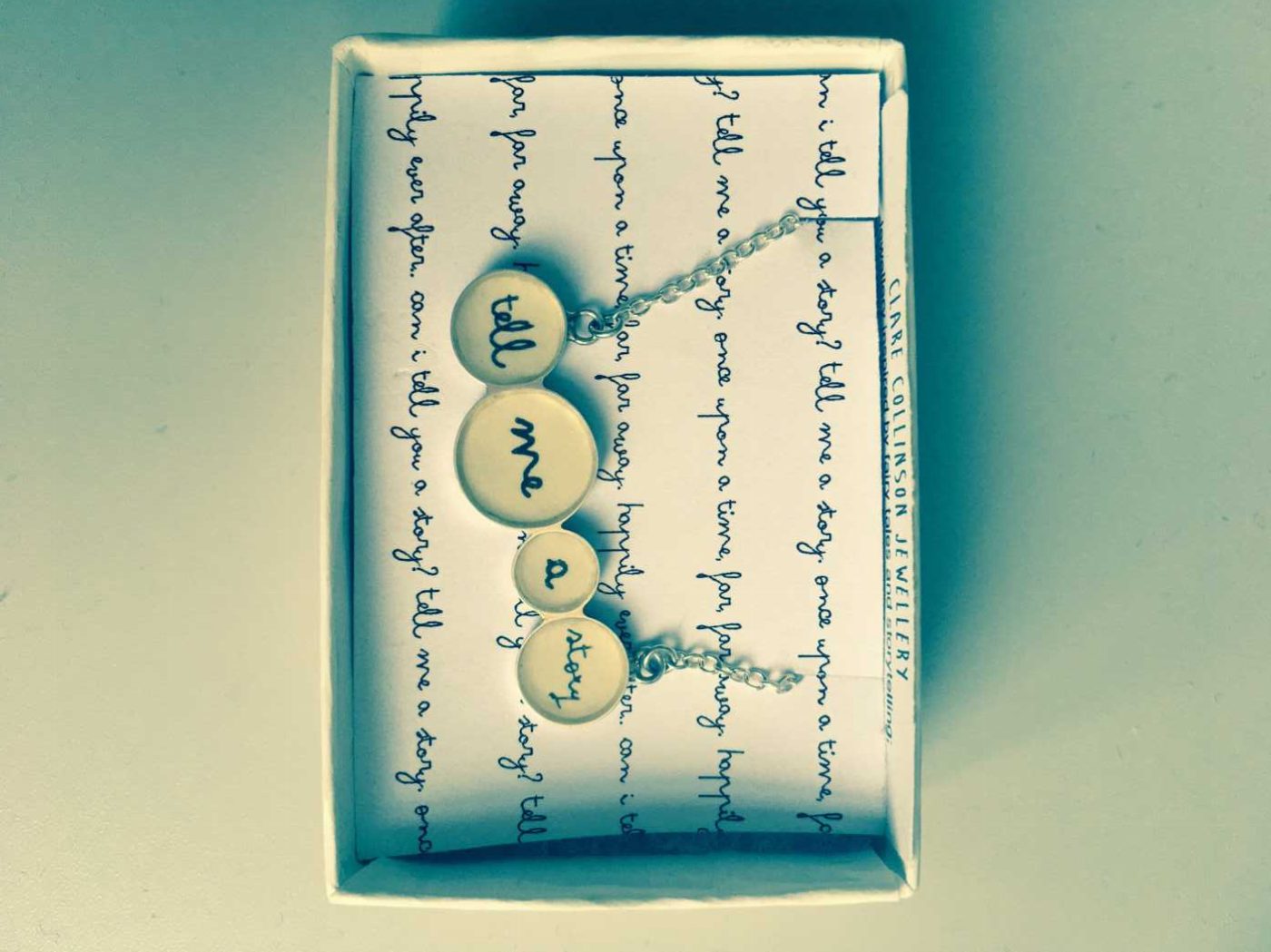
I also have a writing mug which I bought specifically for my writing. I’m a firm believer in creating habits to give your brain the signals to switch into creative mode – something I learned from my creative writing tutor at Warwick, David Morley. I often light a candle if writing in the evening, and I also listen to music. And if I’m stuck, free writing, which I mentioned earlier.
I also have a new notebook for each novel – and I do search for quite a while for the ‘right’ one! It’s important to me that it has the right ‘flavour’, it helps me get in the zone
What are your ‘top 3’ books of all time and what do you admire about them?
This is hard, but I’m going to go with these:
‘The Bell Jar’ by Sylvia Plath – a book that took my into the protagonist’s world so completely that it’s never left me.
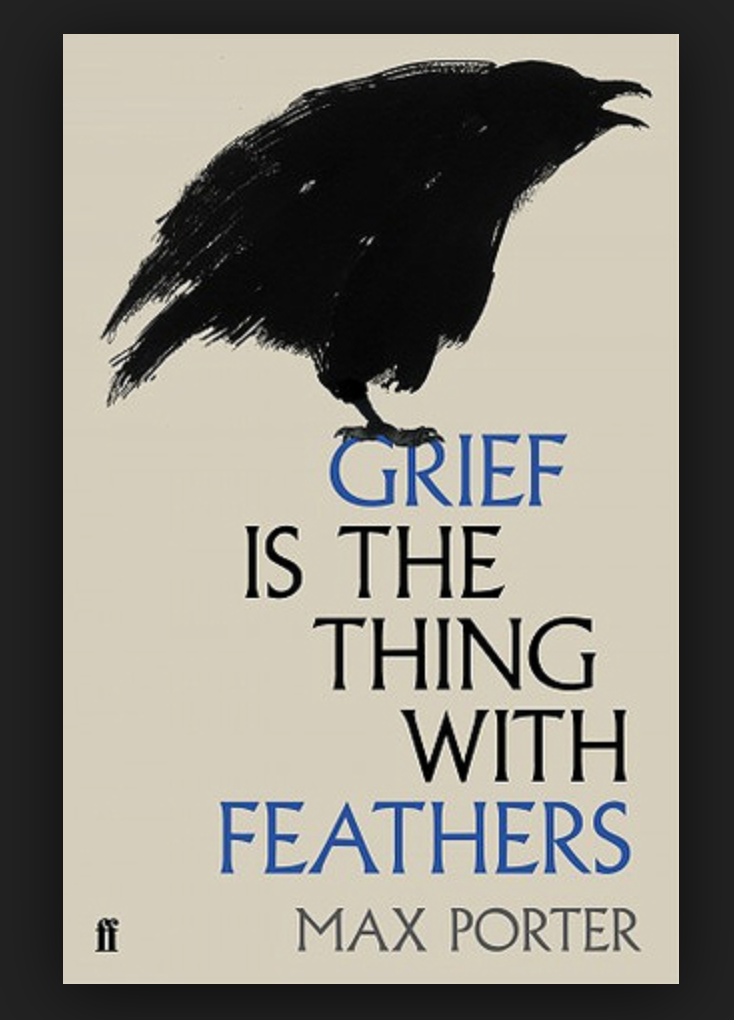 For YA, I adored ‘Rooftoppers’ by Katherine Rundall – I admire how she’s taken a simple and not unfamiliar story (a young girl trying to find her mum) and made it incredibly special and magical through charming characterisation and unique setting.
For YA, I adored ‘Rooftoppers’ by Katherine Rundall – I admire how she’s taken a simple and not unfamiliar story (a young girl trying to find her mum) and made it incredibly special and magical through charming characterisation and unique setting.
And most recently, a book that I admire in so many ways is ‘Grief Is The Thing With Feathers’ by Max Porter. This book is poetic, experimental and emotionally centred. I adored it and it’s the book I’ve been pushing into people’s hands for the past year. Highly recommended!
Many thanks to Emma for her thorough and honest answers. I can’t wait to read her novel and find out more about her story…
You can follow Emma on Twitter here: @AmnaKhokher
You can find Emma’s author page here.
Comments
Sarah
Sarah Pearse lives by the sea in South Devon with her husband and two daughters. She studied English and Creative Writing at the University of Warwick and worked in Brand PR for a variety of households brands before following her passion for writing.


